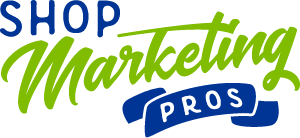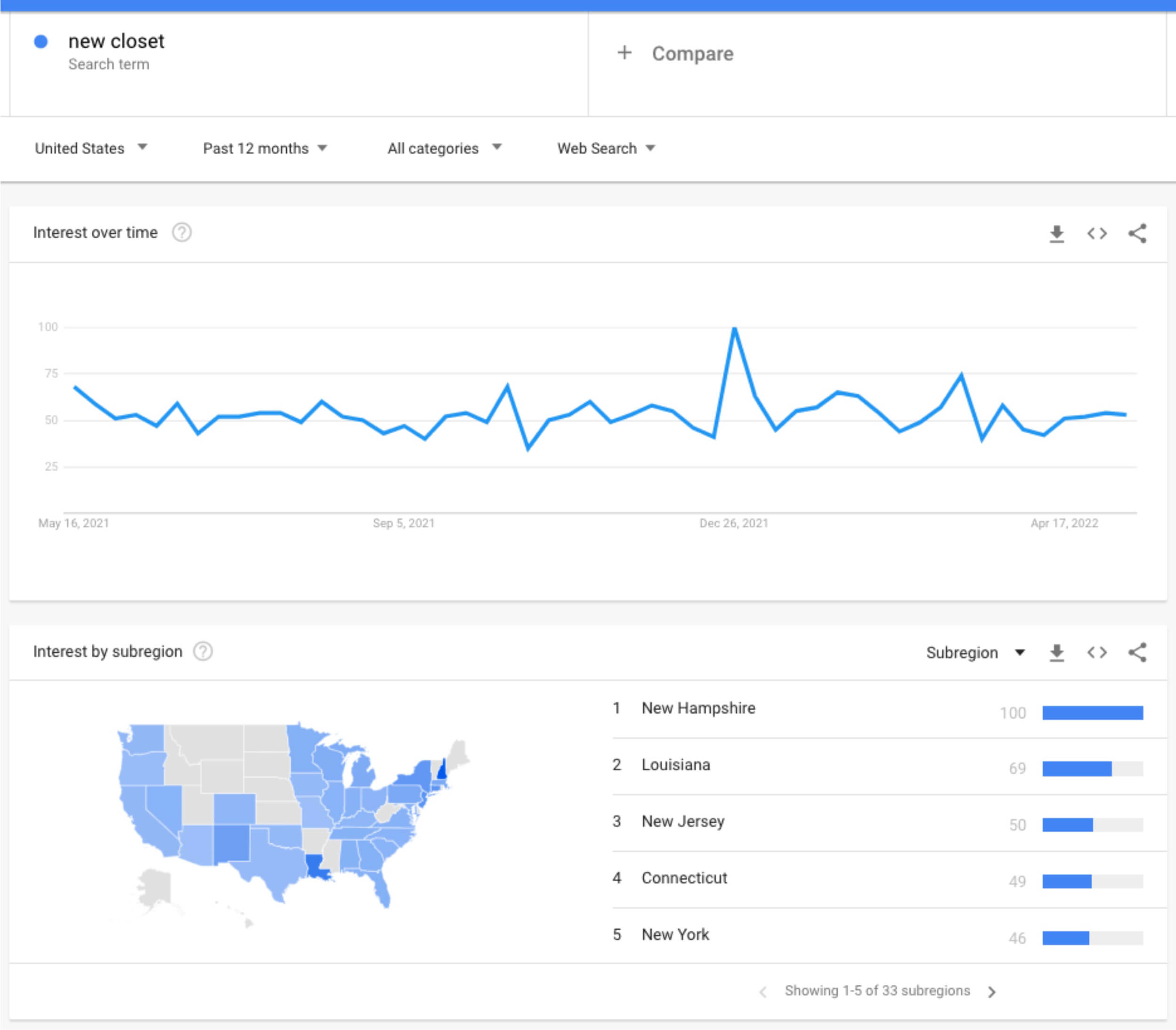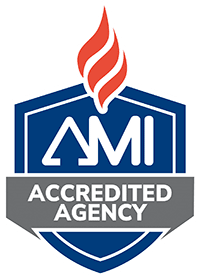You can have the best website in the world but if people can’t find it when searching for the services you provide, it’s pointless.
We all know the main terms people search for when looking for an auto repair shop, and every generalist shop wants to rank number 1 for the term “mechanic near me”, but what do you do when you’re located in an area that is packed with established competitors? What do you do when you’re a specialty shop and not a generalist shop?
Sometimes the not-so-obvious keywords are the ones that can bring you a lot of business, but you have to figure out what people are searching for.
That’s what we’re going to dive into in this article.
When You Shouldn’t Focus On The Obvious
There are pretty obvious keywords every business should be focusing on. For the typical auto repair shop, those terms will include:
- Mechanic near me
- Auto repair near me
- Auto repair shop
- Oil change
- Best mechanic [city], [state]
- Auto repair [city], [state]
You would think that these are the terms you should focus on when performing search engine optimization on your shop’s website, but there are times when these shouldn’t be the primary focus.
Shops That Are Located In Very Large Cities
Let’s say your shop is located in a city like Houston, Atlanta, Los Angeles, or New York City. You’re probably going to have at least 50 other auto repair shops within a 5-mile radius of your shop.
Of those shops, the ones that are the most established online, and especially the ones that have invested in SEO – those shops are going to be very difficult to overtake in the rankings. You CAN do it, but it will take some time.
In a situation like this, the fastest wins are going to come from focusing on what we call “long-tail keyphrases”. A long-tail keyphrase is usually a series of words that people search for that is not the most commonly searched when someone is looking for the service you offer. Below are a few examples.
- “Auto repair shops that work on cars with R1234yf refrigerant”
- “ADAS calibrations”
- “Powerstroke diesel mechanics”
What you want to look for are the things you know people are searching for but your competitors aren’t promoting on their websites. This is actually pretty easy to do because most people don’t put much effort into anything besides the obvious.
Before we get too far into this, please know that I’m not telling you to ignore the main, obvious terms. Those terms are incredibly valuable. What I am telling you is to focus in on the terms that you can rank for quickly, THEN go after those harder terms that may take years to rank for.
Specialty Shops
At Shop Marketing Pros, we work with a lot of specialty shops. It’s our niche and we understand marketing specialty shops better than most.
Let’s look at an example here that most SEOs (search engine optimizers) get wrong.
A shop that specializes in European cars has a website that is optimized for the term “auto repair”. People driving Chevrolets, Fords, Hondas, etc search for “auto repair” and that shop’s Google Business Profile displays in the search results. Now that shop wastes time answering calls from people who are not relevant clients.
On the other hand, if that shop instead optimizes for terms like “Mercedes Service”, BMW oil leak repair”, and “Audi 10k service”, they will have much more relevant calls and it will be much easier for them to rank for these terms!
Specialty shops include shops that work on specific brands of cars or trucks, and shops that perform specific services. So here are some more example long-tail phrases to get you thinking.
- Auto repair services that come to me
- Cummins diesel injector replacement
- Custom exhaust systems
- Performance upgrades for diesel trucks
- Jeep lift kit installation
- Headlight restoration services
The other technique that works very well is to write blog posts that answer people’s questions. This article is an example of that. The title of the article is an exact question that we saw someone ask in a Facebook group.
In the world of auto repair, the exact phrases I used above can be written in a way that they answer a question. Here’s how that may look.
- Are mobile auto repair services reliable?
- How do you replace Cummins 6.7 injectors?
- Is a custom exhaust system better than a bolt-on aftermarket system?
- Are performance upgrades for diesel trucks legal?
- Where can I have a lift kit professionally installed on my Jeep?
- What can I do about my ugly yellow headlights?
Every one of these examples would make a great blog post that will directly answer a question that a searcher is asking. Add localized content to these blog posts and you’ll be much more likely to display in the search results when someone in your area is asking this question in a search engine.
How Do You Find These Terms?
It’s easy to read this and understand why you would want to create content like this, but how do you figure out what people are searching for?
As professionals, we use software that is specifically made to find the topics that our client’s customers are searching for, but these tools are expensive and it’s not practical for most shop owners to subscribe to them. But if you’re interested, here are the programs we use.
- Semrush
- Ahrefs
- BuzzSumo
If you want to look into these tools more, search them online or go watch YouTube reviews of them.
Let’s talk about some free and easy ways of finding keywords.
What Services Do You Provide?
Start by having pages on your website for each of the main services you provide. Do you do 4-wheel alignments? You need a page for that. Do you do Road Force balancing? You need a page for that too. Do you offer undercoating and rust prevention? Yep, you need a page for that.
Notice the services I mentioned are not things that everyone does. That doesn’t mean you shouldn’t have a page about check engine light diagnosis or timing belt replacements, because you probably should, but most shops will have those pages. I’m trying to get you to think about the things that are probably not at the front of your mind.
Keep Notes About The Questions You Are Asked
Schedule a 15-minute meeting with your staff and ask them what the most common questions are that they are asked. Those questions need to be answered on your website. They can be answered in blog posts, main content pages, are even FAQ pages. Just don’t get lazy and stuff them all into a FAQ.
Keep a notepad at your service counter. Every time a client asks you a question that you could turn into content, write it down. These questions become your long-tail keyphrases.
Read Your Reviews
Your reviews will give you TONS of content ideas. See what people are saying about you, the service you provide, and what made them choose your shop. You’ll see things in reviews like “I was looking for a shop to bring RV to and a friend told me about Joe’s Garage”. Do you have an RV Repair page on your website? There are so many nuggets in reviews.
Side Note: Reviews will tell you how your shop is different from others. Differentiating yourself is important. They will also tell you what you’re doing right, what you’re doing wrong, and what your customers value. Definitely use this as an opportunity to strengthen your weaknesses, but also use it as an opportunity to press in on your strengths. If there is something you do well that people love, become the absolute master at this thing!
Listen To Your Phone Calls
If you’re working with a marketing agency to run your Google and Facebook ads, they probably have phone call tracking in place. Most call tracking software allows you to record your calls. Listening in on these calls can be a treasure trove of information.
Back before we specialized in auto repair shop marketing, we were a generalist agency. We worked for a custom closet company in Louisiana. We actually still work for this company as we didn’t fire our non-auto-repair clients, but we don’t take on new clients who are not auto repair.
Our ads manager was listening to some phone calls for quality and she kept hearing the same phrase. People were saying “I want a new closet”. We had pages set up for custom closets, closet design, luxury closets, and many other terms, but nothing for “new closet”.
I went over to Google Trends and entered the search term “new closet”. See the screenshot below.
Notice that this client is in Louisiana, and this term is highly used in Louisiana. The only place that uses this term more is New Hampshire. Who knew? We certainly didn’t! But listening to those phone calls clues us in.
We created an optimized page on their website for this term and it is their highest performing page after their homepage.
So listen to your phone calls and see what terms people are using. You will learn so much from doing this, keyword-related and not.
Do A Google Search
Google itself is one of the best keyword tools in existence. If you do a search for something like “How to replace Cummins diesel injectors” you will see so many examples of related searches that can be made into content on your website.
For this one, I’m making you a video. It’s much easier to show you than to tell you. In the video, I’ll be showing you video results, the Google Answer Box, and related searches.
Tracking Keywords
This one is going to be pretty easy to cover. Tracking keywords is going to require either a paid subscription to a tool like Semrush, Ahrefs, or Agency Analytics – or some manual labor. I do not know of any free keyword tracking tools.
For manual tracking, I would recommend creating a spreadsheet, and once per month, manually search your keywords and take note of their position.
Always do this from the same place. If you are sitting at your shop searching one time, then sitting at home searching another time, you will get different results.
If you are reading this and you know of a free keyword tracking tool, please let me know.
Conclusion
Investing the time to seek out those powerful keywords that your competitors haven’t will pay off in spades.
Do this on an ongoing basis and do the work to create the content and you’ll build a machine that will work for you forever. Shops that do this will never have to worry about where their next customers are coming from.
Don’t want to do this yourself? Schedule a discovery call with JR and see how the team at Shop Marketing Pros can help you!





